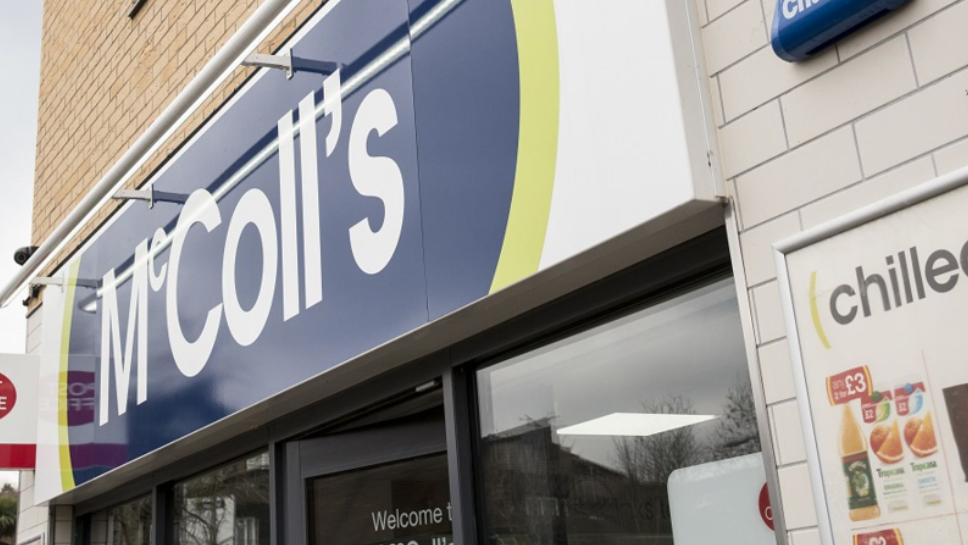The supermarket giant saw off last-minute competition from filling station operator EG Group with an offer that will see McColl’s stores and workforce preserved in their entirety.
The deal will be structured as a pre-pack administration, meaning Morrisons will buy McColl’s immediately after it enters insolvency proceedings overseen by PricewaterhouseCoopers (PwC).
On Friday, Morrisons said it believed there was no reason for the corner shop empire to be declared insolvent, but the pace of events over the weekend, with McColl’s teetering on the brink of collapse, left PwC with no time to finalise a solvent transaction, Sky News reports.
Morrisons’ commitments to the future of McColl’s include retaining all 1,100 stores and 16,000 workers, as well as honouring all of its outstanding pension obligations, an insider said.
On Friday evening, EG Group appeared to have sewn up a takeover of McColl’s, although its stance towards the company’s two pension schemes had begun to draw political scrutiny.
McColl’s lenders rejected a solvent rescue offer from Morrisons on Friday that would have involved them rolling over more than £100m of debt into the supermarket chain, but being repaid in full as the loans expired.
The lenders, which include Barclays, HSBC and state-backed NatWest Group, were seeking immediate repayment of their loans, initially leading them to favour EG Group
Confirmation of administration proceedings will make it the largest insolvency in the UK retail sector by size of workforce since the collapse of Edinburgh Woollen Mill Group in 2020.
Since then, both Debenhams, which employed about 12,000 people, and Sir Philip Green’s Arcadia Group, which had a workforce numbering roughly 13,000, have also gone bust, becoming casualties of changing retail shopping habits and the pandemic.








